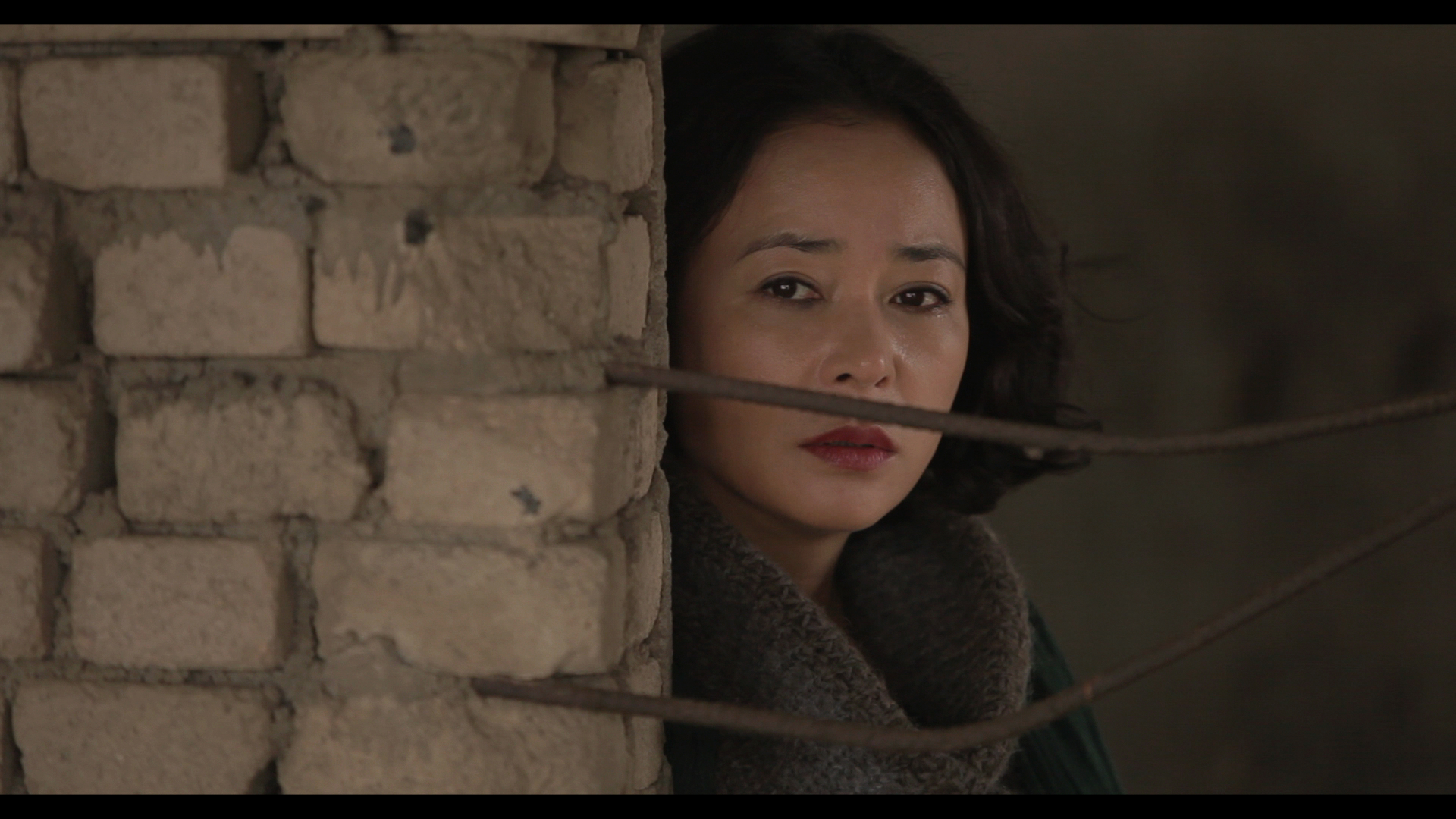Pieta
Runs Fri., June 14–Thurs., June 20 at Grand Illusion. Not rated. 104 minutes.
Do not borrow money from this man’s boss. Kang-do (Lee Jung-jin) is the merciless collector and enforcer for a Seoul loan shark. Their operation and clients are far removed from that city’s glittering high-rise core. Borrowers work in dingy one-man machinery shops fronted by steel shutters. They take orders for small, odd-job manufacturing runs by cell phone, then work all night with lathes and metal-stamping tools. It’s easy enough to lose a finger or hand in the grinding machinery, working past exhaustion to meet deadline. And if they don’t deliver in time, they’re further in debt. That’s when the Kang-do receives his orders by cell phone. That’s when the real mangling begins.
Director Kim Ki-duk (Breath, 3-Iron, Bad Guy) likes to shock his audience—often with the hammer blow of a Big Reveal, as opposed to a literal hammer blow (the signature of his countryman Park Chan-wook). Most of the violence Kang-do doles out is implied, a simple matter of film editing: shot of forearm, shot of whirring drill press, exterior shot of storefront plus the overlaid audio of a bloodcurdling scream. Kang-do’s specialty is brutality, while Kim’s specialty is karmic comeuppance. If Kang-do is a solitary sociopath, incapable of pity, Kim will inflict the torture of sentience upon him: To suffer, first he must feel.
To that end, a mysterious woman (Cho Min-soo) abruptly enters Kang-do’s life. Mi-son claims she’s the mother who gave him up for adoption as a teenager. “Please forgive me!” she wails. Kang-do doesn’t believe her, humiliates her (in a particularly ugly scene), then grudgingly begins to tolerate her, to trust her. It’s as if he’s taken out a loan—and then, in Kim’s tidy moral parallel, he will be made to pay the tenfold interest. Ordinary deadbeats’ debts can be settled with insurance money: Kang-do calmly orders them to step out a window, and if their legs aren’t sufficiently broken by the fall, a few stomps will complete the job. (In a scene that’s both comic and appalling, Mi-son accompanies Kang-do on his rounds, applying her boot heels to the same grim task.)
In art history, a pieta refers to Michelangelo’s, or any artist’s, depiction of Mary cradling her dead son Jesus; and Kim includes a cross or two in the skyline of Seoul. However, his Pieta is a considerably more overwrought parable of sin, guilt, suffering, and sacrifice. It’s elegant in outline, but in execution a soap opera of revenge and oedipal attachment. Michelangelo worked in marble, Kim works in viscera. Pieta gets its shocks and astonished snorts, but it achieves nothing lasting.
bmiller@seattleweekly.com








